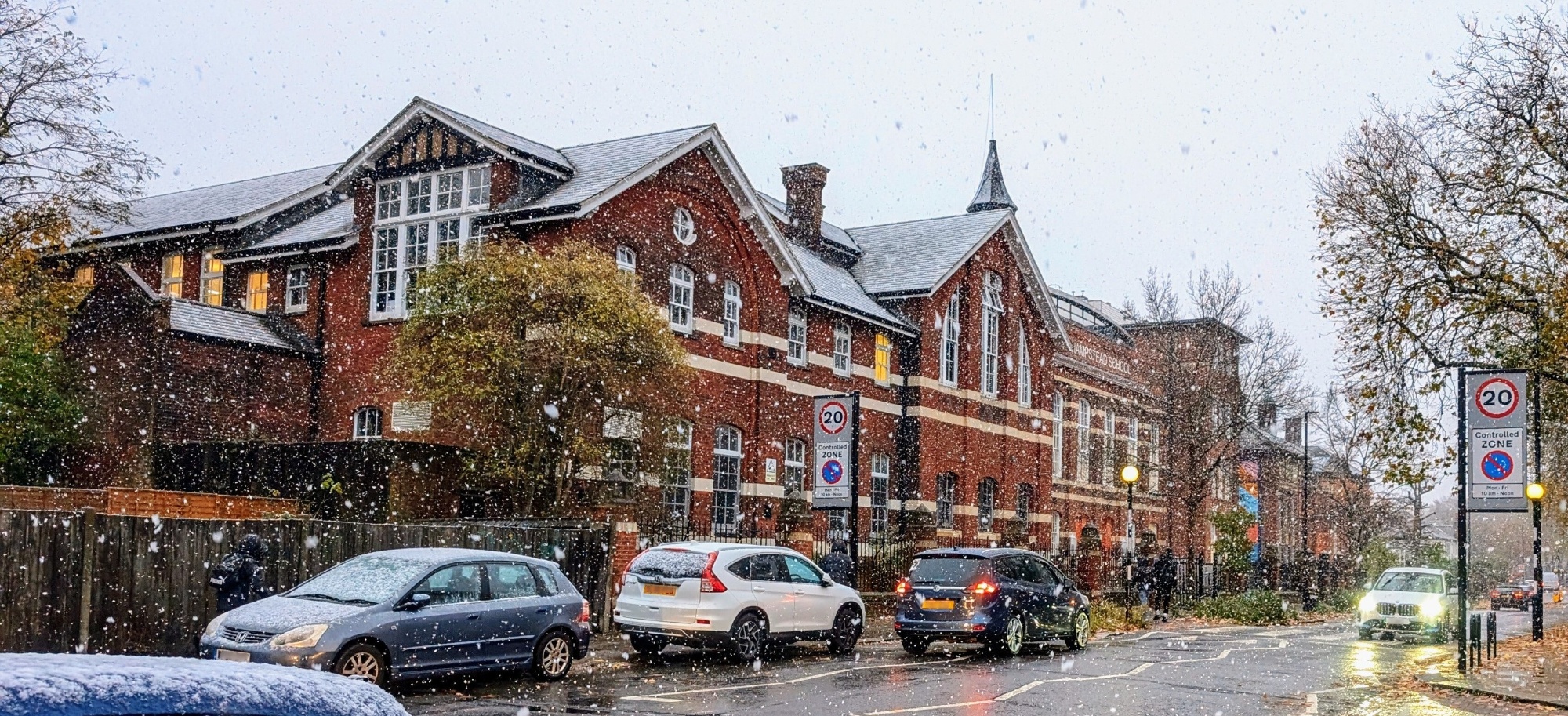MATHEMATICS
A Level
Awarding body: OCR (B)
What will I learn?
A level mathematics focuses on three main areas:
- Pure mathematics which constitutes approximately two thirds of the course, including proof, algebra, functions, graphs, trigonometry, and calculus.
- Statistics which constitutes about 1/6 of the course. In statistics you will study data collection & interpretation, probability and hypothesis testing.
- Mechanics which constitutes about 1/6 of the course. In mechanics you will study modelling, kinematics, forces and Newton’s laws of motion.
What can I do at the end of the course?
After studying Mathematics A level you will have the skills to enter many different sectors. You will have the analytic skills to enter sectors such as finance, technology or engineering, particularly if you are studying it alongside relevant subjects. However, the skills you will gain from Mathematics are recognised and respected across all sectors, and students equally go into sectors such as media, law or advertising.
Mathematics A level is extremely well respected by universities. It will be a prerequisite for degrees such as mathematics, physics, chemistry, engineering and computer science. However, it will also be extremely useful preparation for degrees in other science subjects such as biology, psychology and Medicine.
FURTHER MATHEMATICS
A Level
Awarding body: OCR (B)
What do I need before taking this course?
Further Mathematics is taken alongside Mathematics A level. You must also take Mathematics A level if you wish to take Further Mathematics.
What will I learn?
50% of the content in A level Further Mathematics is compulsory. This includes complex numbers, matrices, further vectors, hyperbolic functions and differential equations.
You will also study some optional content which will include some of
- Further statistics including discrete random variables, bivariate data and chi-squared tests
- Further mechanics including impulse, momentum, energy, work and power;
- Extra pure mathematics including recurrence relations, groups, further matrices and multivariable calculus.
What can I do at the end of the course?
Further Mathematics A level will equip you with knowledge of advanced mathematical ideas and concepts that are relevant to careers in science and technology. Most of our Further Mathematics students pursue degrees in mathematics, physics, engineering, computer science or other science subjects. For degrees in mathematics, physics and engineering it is highly recommended or required.
Two of our recent Further Mathematics students have won competitive engineering placements at companies such as Air Bus UK, which have funded their university degrees, as well as providing immediate employment. Other students have gone on to study mathematics or computer science at Cambridge, Imperial College, Kings London, Edinburgh and Queen Mary universities.
CORE MATHEMATICS
One Year Certificate (equivalent to AS Level)
Awarding body: OCR (B)
What will I learn?
Core Maths is intended for students who have passed GCSE Mathematics at grade 4 or better, but who have not chosen to study AS or A level Mathematics. It is studied over a two-year period and can be taken alongside A levels or other qualifications, including vocational courses.
- 50% of the course focusses on quantitative reasoning, which includes problem-solving and estimation, understanding risk, exponential functions and financial Mathematics.
- 50% of the course covers Statistics, which includes collecting and interpreting data, probability and hypothesis tests.
What can I do at the end of the course?
Studying Core Maths helps students develop their quantitative and problem-solving skills. This is valuable preparation for the quantitative skills they will need for many degree courses, particularly subjects such as psychology, geography, business-related courses, sports and social sciences, and natural science courses that do not require AS/A Mathematics. Many universities will accept a pass in Core Maths in lieu of a required grade in GCSE Mathematics.


